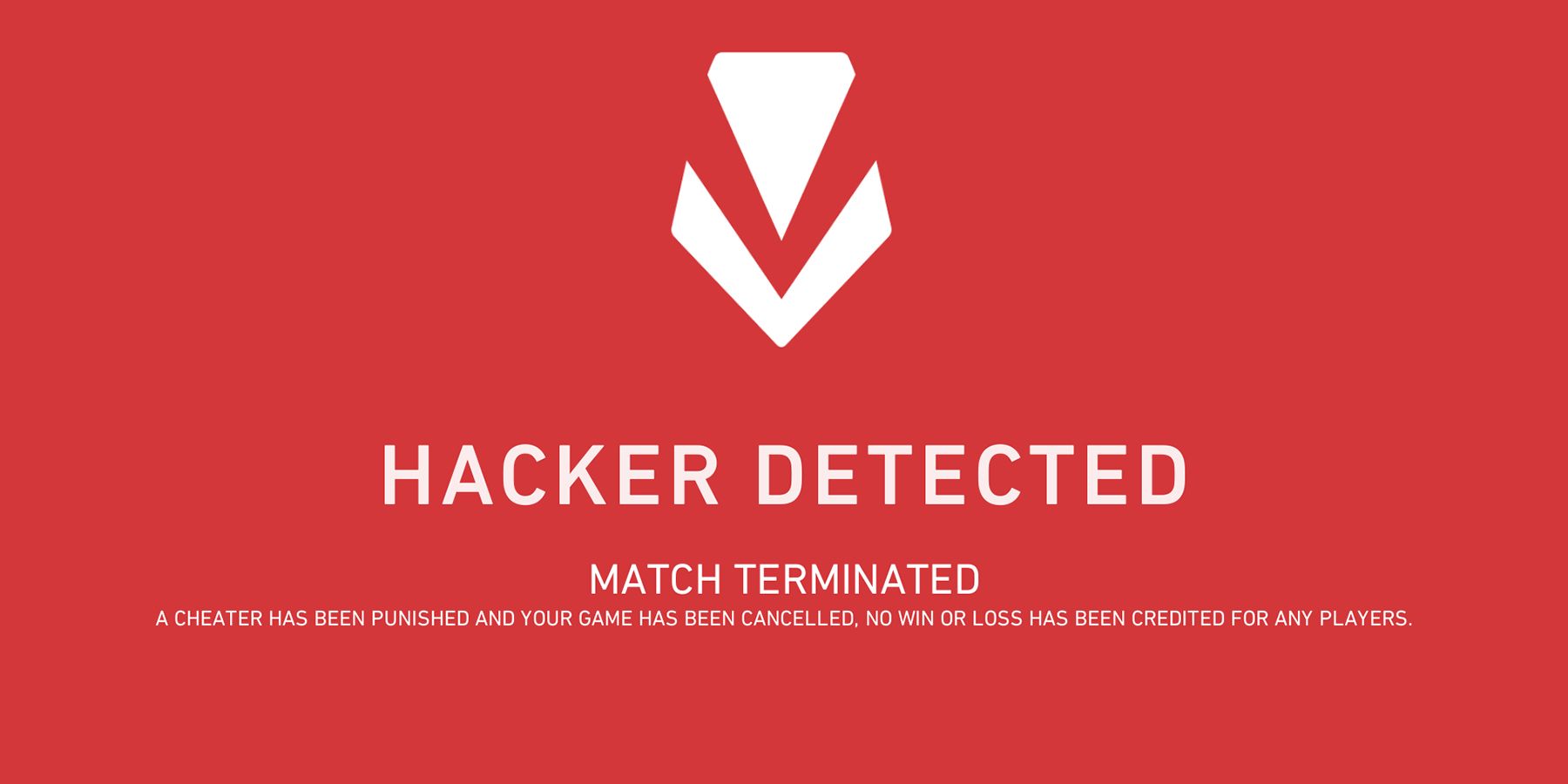Even before the popularity of battle royale games and Warzone, Call of Duty has always had a degree of a cheating problem in its multiplayer. Ever since the popularity of Call of Duty 4 on consoles and PC, like many other online competitive games, plenty of exploits like aimbots, "god mode" invincibility mods, among other hacks and tactics were employed to give cheaters an edge. That problem has persisted in basically every subsequent entry since, slowly growing in size as the popularity of Call of Duty continued to rise. Call of Duty's cheating problem came to a fever pitch with Warzone, especially when Activision implemented crossplay for all platforms.
Of course cheating is not limited to just Call of Duty, as other competitive shooters like Valorant have also tackled issues with cheaters and hacks. However, as the cheating problem is exacerbated in Activision's shooter, Riot Games tackled its own cheating issue relatively quickly with its Vanguard proprietary anti-cheat software. Comparatively speaking, Valorant's cheating problem is not nearly as horrendous next to Call of Duty: Warzone, which severely affected all platforms because of crossplay. That being said, Valorant was able to strike a significant blow to cheating with its comprehensive anti-cheat tools, something Activision intends to implement with Warzone soon.
Valorant's Effective Anti-Cheat Software, Vanguard
Valorant's anti-cheat functions extremely well because of how comprehensive the software is, so much so that it sparked a healthy degree of controversy when it was first implemented. Vanguard's integration with Valorant was controversial over its fundamental design: Vanguard utilizes a kernel-level security clearance on PCs that runs on startup to monitor other drivers often associated with cheats, and/or system vulnerabilities that allow cheats to function. Without this driver on startup, players cannot even boot Valorant in the first place. Paired with an active client that needs to run alongside Valorant itself, Riot's anti-cheat functions proactively and quickly.
The source of contention for players was that this kernel driver basically meant Vanguard had top-level security on players' PCs, potentially stopping other driver processes that it deemed problematic for Valorant. In practice, it's not nearly as detrimental to PCs as it may sound. Valorant's Vanguard kernel-level drivers and OS client function at the same level of security access as most hack software do anyway, the highest level of administrative access on PC. Vanguard used to be a bit overactive when Valorant's beta was released (disabling computer monitoring and controller software), but in 2021, Vanguard is not nearly as disruptive to players' rigs as it used to be.
This is where Call of Duty's new anti-cheat software comes into play: Activision is implementing a two-fold approach to anti-cheat on consoles and PC that involves a similar level of security access with kernel-level drivers, among other features and a new anti-cheat development team hoping to address cheating in Call of Duty further.
Ricochet is Activision's Answer to Rampant Call of Duty Cheating
Known as "Ricochet Anti-Cheat," Activision is making a big deal out of the announcement of its new system. Meant to launch later this year alongside the Pacific Update to Call of Duty: Warzone (will be implemented in Call of Duty: Vanguard later on), Ricochet will likely be a welcome addition to longtime Call of Duty players. At the outset, Activision is making it clear that Ricochet is dealing with cheaters and cheating tools through multiple avenues; proprietary kernel-level drivers on PC, protocols on Call of Duty's multiplayer servers meant to analyze suspicious behavior, as well as efforts in strengthening account security to dissuade cheaters preemptively.
The main differentiation between Valorant's Vanguard and Ricochet is Activision has clarified that it does not have an always-online requirement. The kernel-level driver will only be active upon startup of Call of Duty: Warzone, not on Windows startup like Vanguard. According to Activision, that same kernel driver shuts down alongside the game as well, and "only monitors and reports activity related to Call of Duty" when Warzone is running. Of course, this only applies to the PC version of Call of Duty: Warzone, but considering the risks and barriers of PlayStation/Xbox console hardware and software modding, PC is really the source of Call of Duty's cheating problem.
Like with Valorant, it will be interesting to see the degree of success that Ricochet will be able to achieve with Call of Duty: Warzone, as well as potential future Call of Duty games. Ricochet's already planned to be integrated into Call of Duty: Vanguard post-launch, which should lay the groundwork for Activision to further develop its anti-cheat efforts in the future. Considering cheating has been such a rampant problem with Call of Duty: Warzone over the last year or so, Ricochet will be a huge boon for Warzone fans. The majority of hackers and cheaters come from PC because of Windows open-source options, so Warzone players should hopefully see improvement.
Call of Duty: Warzone is available now on PC, PS4, PS5, Xbox One, and Xbox Series X/S.
Source: Activision, Riot Games



